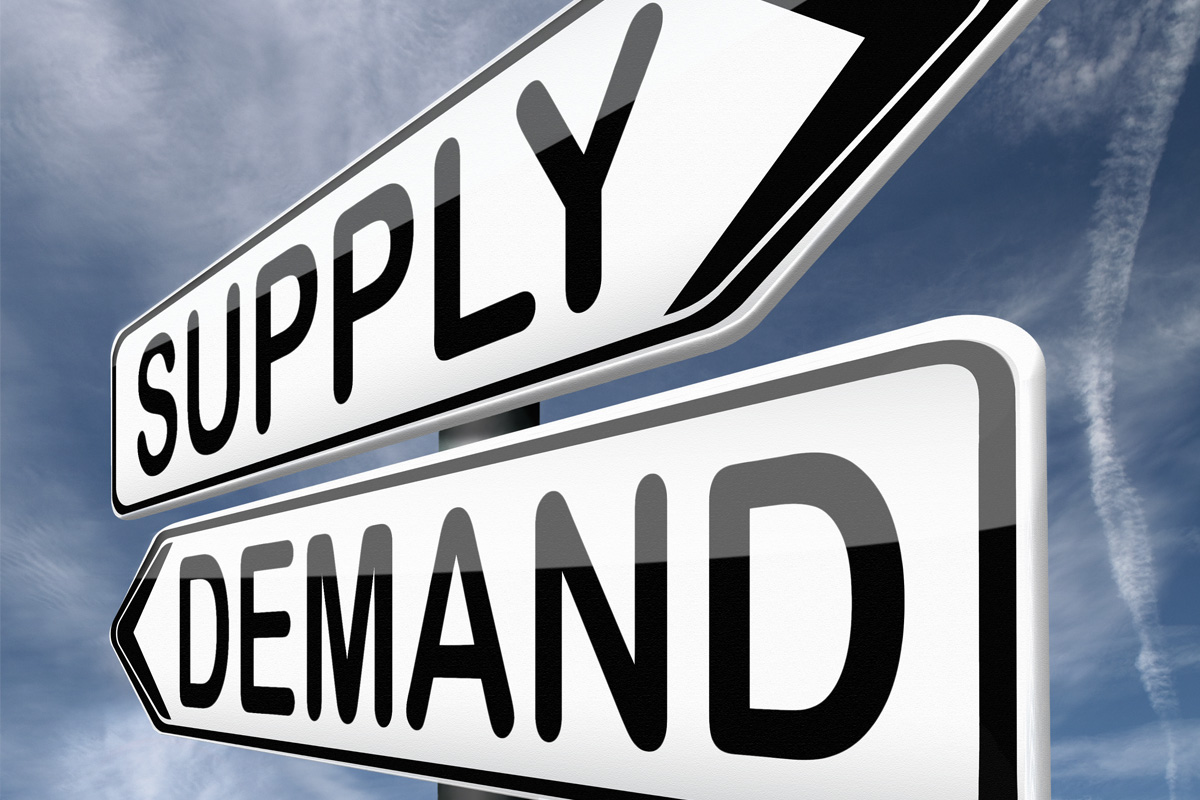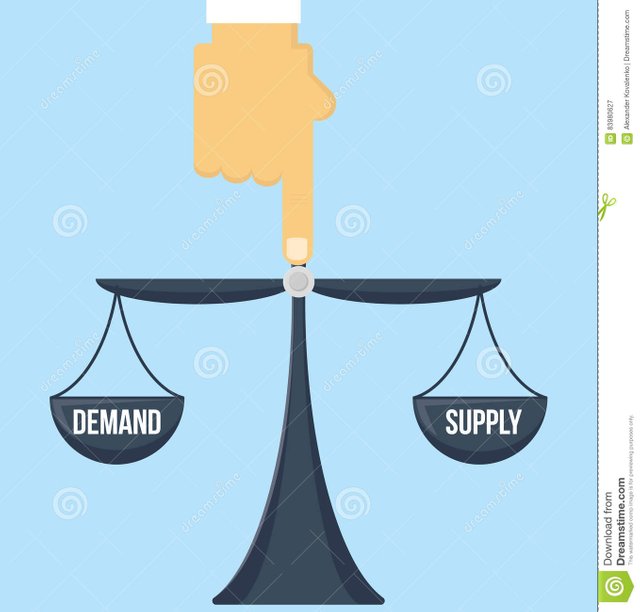
Supply and demand theory usually assumes that markets are very competitive. This implies that there are many buyers and
sellers in the market and none of them have the ability to influence the price of goods. In many real life deals, the premise fails because some buyers or individual sellers or buyers groups or sellers have enough ability to influence prices. Advanced analysis is often used to understand the supply-demand equation of the goods. However, the theory works well in simple, uncomplicated situations.
The mainstream economy does not assume that markets are preferable to other forms of social organization. In fact, much of the analysis is devoted to cases called failure of equivalencies that result in the allocation of less than ideal resources within certain criteria. In such cases, economists create policies to avoid waste, directly through government control, or indirectly by urging market customers to act in a manner consistent with ideal welfare, or by creating lost markets to enable new efficient trade to be found that previously did not exist . This is studied in detail in the collective business field.
the demand
Demand is the amount of goods that consumers want to buy and have the ability to buy at the given price. For example, a consumer may be willing to buy 2 kilos of potatoes if the price is $ 0.75 per kilo. At the same time the same consumer may be willing to buy only 1 kilo since the price was $ 1.00 per kilo. The order tables that show the required quantity of goods can be formed at each price given to the goods. The demand can be represented by a plan or curve, as can be determined by the order equation.
Display
The offer is the quantity of goods that sellers are willing to sell at different prices. For example, farmers may want to sell 1 million kilos of potatoes if the price is $ 0.75. If they want to buy at $ 0.75 more than those who want to sell, the goods offered at the current price which we assumed to be $ 0.75 will be implemented and the price will start to rise. For the predominance of demand for supply, and vice versa when the supply of demand on demand, the price will fall.
The main decision makers are the current market price, cost of delivery, delivery mechanism and many other factors!

Congratulations @housni! You have completed some achievement on Steemit and have been rewarded with new badge(s) :
Click on any badge to view your own Board of Honor on SteemitBoard.
For more information about SteemitBoard, click here
If you no longer want to receive notifications, reply to this comment with the word
STOPDownvoting a post can decrease pending rewards and make it less visible. Common reasons:
Submit